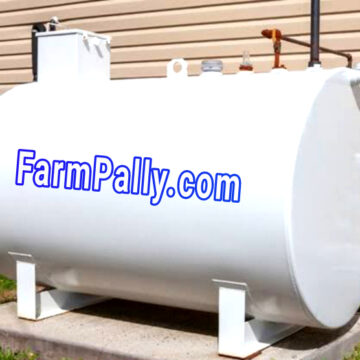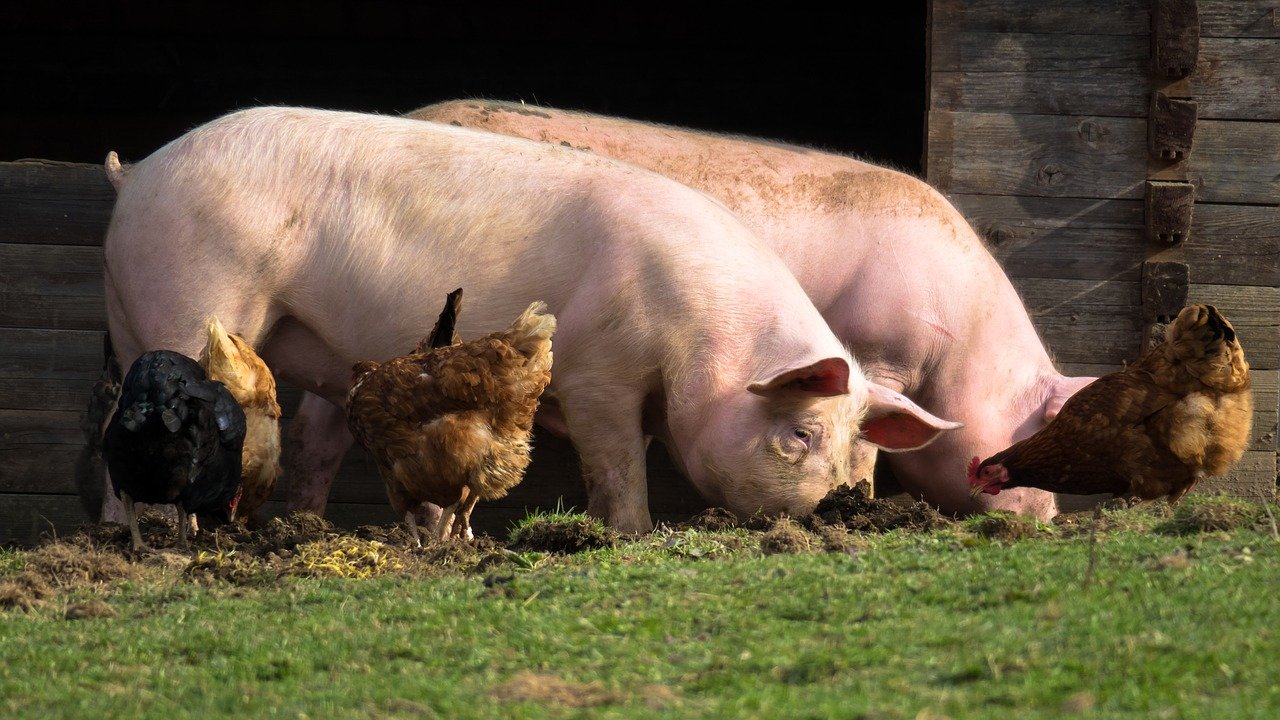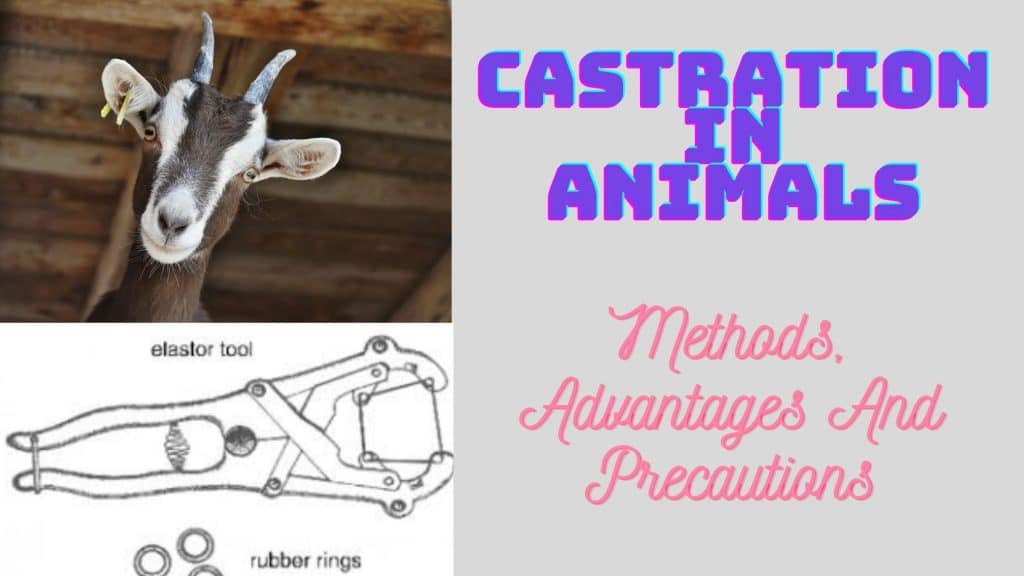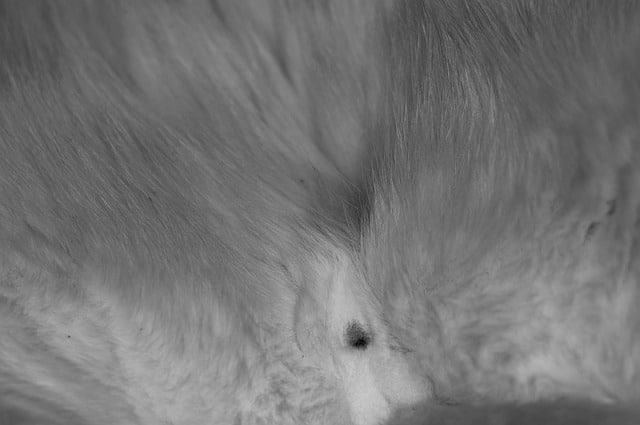What is Castration in farm Animals?
Castration of farm animals is the act of removing the animal’s gonads – removal or disruption of the testes or/and the crushing of the spermatic cord to prevent the animal from breeding, this is a form of birth control measure in farm animals.
The reasons animals are castrated are not limited to breeding, others are to make the animal easier to handle, docile, or increase in pounds to produce more meat or yield more profit for the farmers, these are some of the advantages of castration of farm animals to the farmer.
Castration in Male Animals
Castration is the general term used for the removal of male reproductive organs and it’s also popularly referred to as neutering, however, vectorization is another similar term, and it’s the act of cutting the vas deference such that the animal loses its libido (sex drive).
However, such a farm animal is still capable of mating with a female animal but can not deliver life sperm to the female reproductive tract of another animal.
Castration also involves the removal of the hormonal glands (sex hormones) controlling the sexual behavior of a male animal.
Castration in Female Animals
The removal of a female animal’s reproductive organs or/and hormones is not called castration but rather ovariectomy or spaying.
Ovariectomy is the removal of one or both ovaries of the female animal while spaying or Ovariohysterectomy is the removal of not just the ovaries but also the fallopian tube and the uterus of a female animal.
Methods of Castration in Farm Animals
Sterilization is a broad term used for the act of rendering animals unproductive.
There are different methods of castrating animals depending on the species and age of the animal.
Generally, castration should be done within 4 to 12 weeks of life, but you should discuss it with your vet doctor, and he’ll advise on the best time to do it.
Open incision/Surgical method
In this method, the scrotal is cut open and the testes are removed, which is commonly used in pigs, goats, sheep, etc.
In chicken, the incision is done in the abdomen of the fowl to remove the testes. castration in poultry is called caponization.
Rubber ring method
In this method, a tight rubber is fixed at the neck of the scrotum until the scrotal sac is shrunk due to a lack of blood supply. This is common in sheep and goats and it is never used in pigs.
Burdizzo or Emasculatome method
An instrument called burdizzo is used to crush both spermatic cords, thus, preventing blood flow to the testicles.
Burdizzo method should be handled with care, else, the clamp maybe not be properly fixed and can lead to failure.
Emasculator is another similar method or tool that will not only prevent blood flow to the testicles but will also cut off the spermatic cord.
Chemical castration
Chemical castration is the use of hormone preparation which is commonly administered as an implant or as a tablet.
This hormone preparation suppresses the function of the ovaries or testicles of the farm animal and renders it sterile.
The advantage of this method of castration is that it can be reversed. Once you stop the administration of the medication, the animal will mature her egg cells or produce sperm again, as the case may be.
Importance of Castration in Farm Animals
- Castration of animals prevents the undesirable farm animals from breeding
- Castration helps animals to grow faster and bigger and increases market value for the farmer.
- The meat from castrated animals is tender (soft, juicy, tasty) compared to uncastrated farm animals
- Castrated livestock animals are usually more docile and easier to handle.
Is there any disadvantage of castration in farm Animals?
Of course yes, there are disadvantages of castration – It can lead to the death of farm animals, although in rare cases. For example, calves suffer less than a 1% death rate.
Most castration methods are painful to farm animals, and animal cruelty is forbidden in some states. However, there are other methods such as hormone preparation that are less harmful to the animal.









